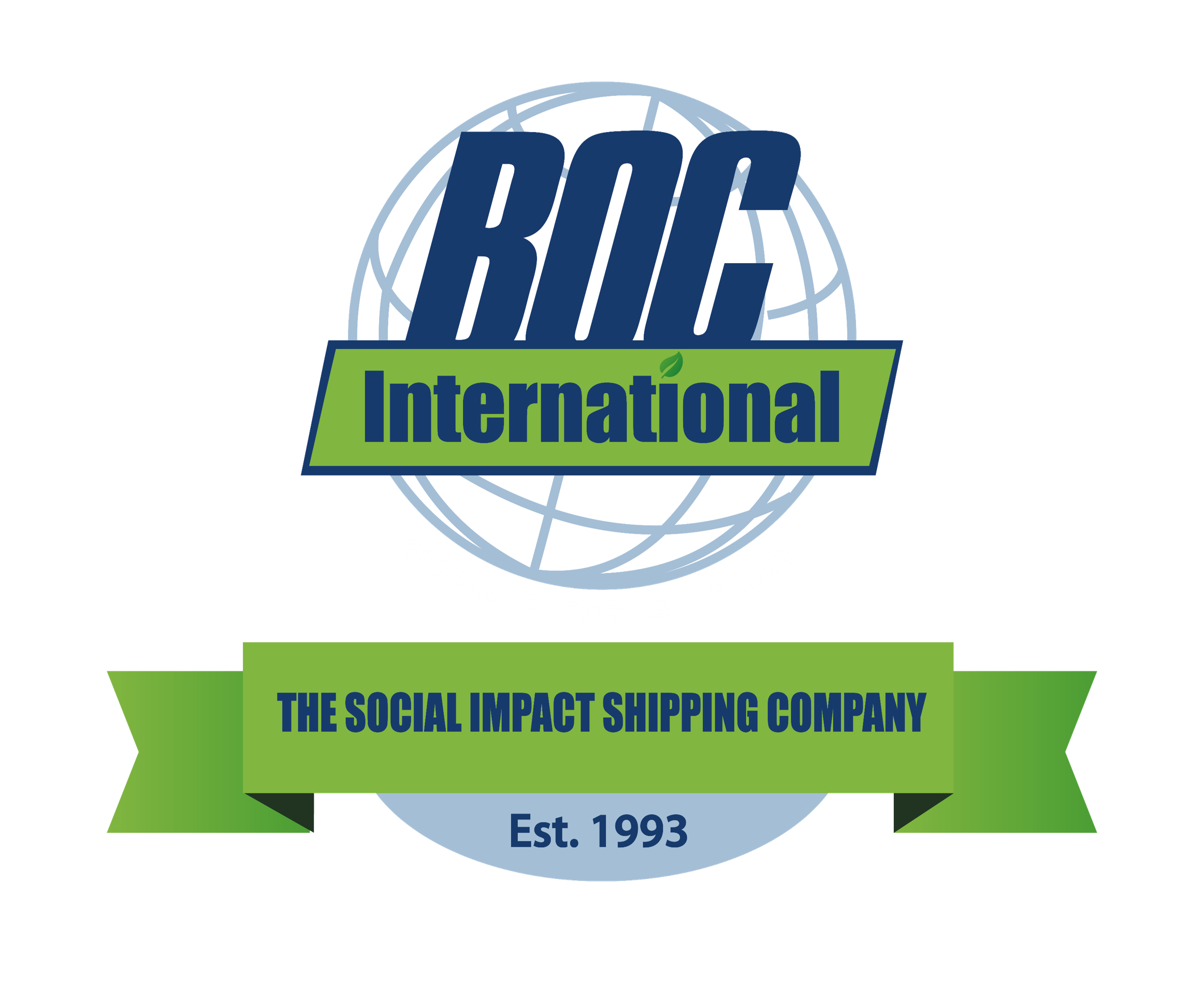
PMA Accuses ILWU Of Coast-Wide Disruptions of West Coast Ports
Excerpted from AJOT.com, by Stas Margarines Jun 02, 2023
The Pacific Maritime Association (PMA) says the International Longshore and Warehouse Union (ILWU) “is staging concerted and disruptive work actions that have effectively shut down operations at some marine terminals” At West Coast Ports on June 2nd.
The Full Statement PMA provided to AJOT reads as follows:
“Today, the ILWUI is staging concerted and disruptive work actions that have effectively shut down operations at some marine terminals at the Ports of Los Angeles and Long Beach. The union is also staging similar work actions that have shut down or severely impacted terminal operations at the Ports of Oakland, Tacoma, Seattle, and Hueneme.”
ILWU Local 13 representing longshore workers at Los Angeles and Long Beach issued the following rationale:
“On June 2nd, 2023, the rank-and-file members of the Southern California ILWU has taken It upon themselves to voice their displeasure with the ocean carriers’ and terminal operators’ position. However, cargo operations in the ports continue as longshore workers remain on the job to move the nation’s cargo, as they have done valiantly for decades.”
The Local 13 statement explained that the “ocean carriers and terminal operators have thumbed their noses at the work forces’ basic requests, insinuating that the health risks and loss of lives these working people endured during the pandemic did not matter to them and they were expendable in the name of profits. The work forces’ requests are not outlandish: they are basic requests that will ensure that the workforce is treated with dignity and respect that they have fought so hard to earn.”
A source at the Port of Los Angeles told AJOT that the situation was “spotty with the steadies arriving at work but not casuals so that it is a hit and miss situation at marine terminals at Los Angeles and Long Beach this morning.”
Port Of Oakland
Meanwhile at the Port of Oakland, Oakland International Container Terminal, which accounts for two thirds of the port’s volume, reported a work stoppage: “OICT will not be working today 6.2.23 on the first shift. We are not sure, at this time, when normal work will resume. We are not being provided ILWU labor at this time. We will provide updated information as it becomes available.”
Previous Signs Were Positive
Up until this point, there had been positive signs that a labor agreement between the ILWU and the Pacific Maritime Association (PMA) was imminent after talks have dragged on for almost a year.
In his May media briefing, Eugene Seroka, Executive Director, Port of Los Angeles said: “I believe that we’re on the doorstep of a tentative agreement. Both sides are spending a lot of time at the negotiating table, and I’m optimistic we’ll hear good news soon. A tentative agreement would be a welcome development for customers who have been diverting cargo elsewhere. Resolving this issue will send a clear signal of stability.”
Did The ILWU Overplay Its Hand?
One terminal executive told AJOT that the ILWU may have “overplayed its hand” by not agreeing to a contract last July 2022 when ocean carriers and maritime terminals were flush with cash during the pandemic when freight rates and container volumes were soaring.
The dragging on of negotiations into 2023 means that a wage and benefit package will be far less generous because marine terminals on the West Coast are reporting major drops in volumes that may persist until 2024, the source said.
There have also been concerns expressed that the delay in reaching a contract was motivated by a mistaken focus by some ILWU leaders on dismantling existing automation at terminals and electrification projects that could not be overturned. This has resulted in substantial cargo being diverted away from the West Coast ports and towards East and Gulf Coast ports. In turn this has resulted in a loss of business and longshore work.
California Exporter Goes East
One California agricultural exporter said his company is now utilizing a rail service to ship products to East Coast ports for export. The service bypasses West Coast ports. The exporter blamed the uncertain labor atmosphere created by the ILWU over the last ten years for the decision.

